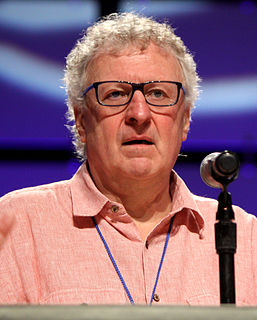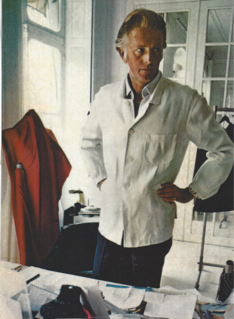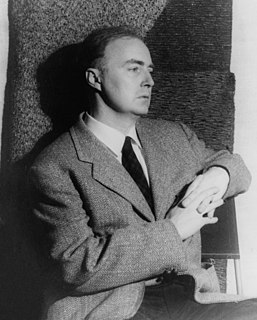A Quote by Peter Jurasik
My childhood is completely... when I look back, it was '50s in New York, upper-middle class, it was completely idyllic and golden and wonderful - sweet in every way.
Related Quotes
Every style seems completely appropriate to its epoch. We cannot imagine Madame de Pompadour, or the Empress Josephine, or the early Victorian lady in anything but the clothes she actually wore. Each represents completely the ideals of her time: elegant artificiality or post-Revolutionary morals, or the prudery of the rising middle class.
In every conversation I've had - with housewives in Mumbai, with middle-class people, upper-class, in the slums - everyone says there is an underlying consciousness of karma. That people believe in karma - that what you're putting out is going to come back. If I do something to you, the energy of it is going to come back to me in the future.




































